A Beginner’s Guide to Journaling: Why It will Rock Your World
Nov 18, 2025You have probably heard of journaling. You may also be wondering what the fuss about journaling is. The frequent responses when I ask someone whether he or she journals are:
- "I don't have time for activities like this."
- "Isn't journaling like keeping a diary? I am way past the age of doing that."
- "I can't see how this would be useful."
If these are the type of thoughts swirling in your head, I totally hear you. How can anything like writing down in a book be life-changing?
Before I dive into why journaling is a phenomenal way to decompress, let me first share my personal story with you.
When I was a young teen, I was religious about writing in my journal. I would write pages and pages every single day. Then, life happened, and I forgot about journaling until about 5 years ago when I quit my corporate job and began my entrepreneurial journey. S*it happened, and the road turned bumpy. My intuition drew me back to the blank, white pages.
Half a dozen journals filled, a published journal of my own … a mindset and life completely transformed, embracing a life of fulfillment and calm, stress reduced, anxiety attacks at bay.
This is my personal evidence for – yes, journaling works!
After doing an energy session, I highly recommend that the client journals.
When a client is unsure about his or her state of mind or a reaction, I encourage him or her to journal.
When there are emotions unraveled, I promote journaling.
It is safe to say I am a huge journaling fan.
What is Journaling?

Journaling is a brain dump of everything that is in your head. Journaling is a creative and therapeutic way to clear your mind. It is a type of self-expression. Journaling may lighten you up by allowing you to download feelings and thoughts that weigh you down. Alternatively, journaling may empower and uplift you by letting you dream, goal set and visualize.
Journaling is meditation-like because it allows you to disconnect from the distractions of the day and focus on your thoughts and feelings. Journaling creates incredible awareness around stories you unconsciously create around events, experiences, and behaviors.
Journaling is wonderful for stress reduction, mood enhancement, awareness creation, and intent set. Without worrying about judging others, journaling is a safe way to self-express, create perspective and detect your thought and behavioral patterns.
It is no surprise journaling is an activity that starts (and sadly dies) around the teen years. This happens when young adults are trying to figure out who they are and start dealing with the challenges of growing up.
What is the Sophisticated Process of Journaling?
There isn't one. While you may think you need an elaborate journal to write in, that is not the case. I do urge you to select a dedicated notebook or journal. It does not need to be fancy. However, if the notebook's appearance will make it more appealing and motivate you to write more, then seek the beautiful piece that will inspire you.
The hard part of journaling is finding the time and dedication to doing it consistently. I can attest that when you make journaling a habit, it becomes therapy. Start with 10-15 minutes a day and commit to journaling for a week. Go from there.
The great news is – you can't journal wrong. Hence, create a process that is effective for you and your schedule.
What Should I Journal About?
Absolutely anything! It is a blank page. You hold the pen. Do not plan it, do not overthink it. Dedicate 10-15 minutes daily and just write about anything and everything that pops in your head. Do not judge it, do not worry about grammar; just write and liberate your mind and soul. You will be shocked how one day you will go through an experience and run to journal about it. Give it a chance and see.
I tell newbies: Even if you sit down and all you write is: "I have no idea why I am doing this," – you are onto a great start.

If you are a beginner, there are journals, such as the Mind & Body one, with question prompts providing direction and encouraging explorations in various aspects of your life. The prompts provide an opportunity to create personal awareness of who you are and how you think. Even though I journal much, I still enjoy thought-provoking prompts.
Should I Write or Can I Type in a Computer?
The hit on each letter stroke is the same when you type on the computer. When you write out each letter, it is unique, and your brain works differently. Use your senses – touch the page, smell the paper, look at the page, move your hand to write, and practice your spelling. Can you see how much more involved writing versus typing can be? Variety is the spice of life, right? You are also likely sitting in front of the computer for a big chunk of your day. Switch it out.
With all this said, if you are not the type to write on paper and would not journal unless you type, open that blank page and start typing then.
Not Sure if You are Convinced but Willing to Try?
Whether a newbie or a pro, here is a journaling prompt for you:
How were you intentional about your day today?
Happy writing, rebels!
Here is a link to my Mind-Body Journal – Living with Positivity, Passion, and Purpose if you would like to start with prompted journaling.
Stay connected with news and updates!
Join our mailing list to receive the latest news and updates from our team.
Don't worry, your information will not be shared.
We hate SPAM. We will never sell your information, for any reason.


